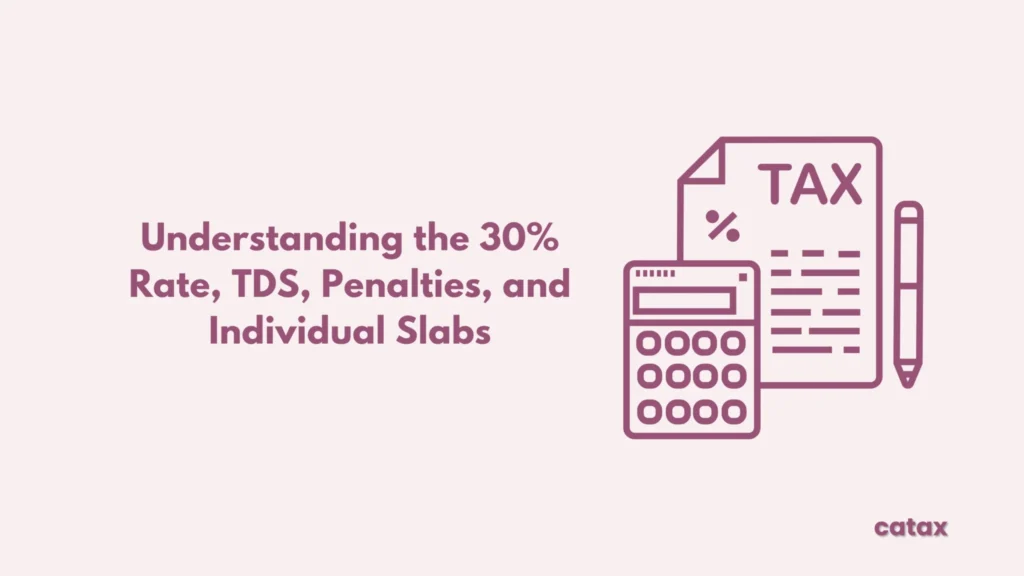Begin on the thrilling journey of cryptocurrency investment is not only filled with the promise of financial freedom but also brings unprecedented opportunities. However, amidst the excitement, there lies a crucial aspect that is often overlooked: the need to keep meticulous track of crypto losses for tax purposes. In this dynamic world of digital assets, understanding how to document losses can be the key difference between financial success and potential pitfalls.
Understanding Tax Implications:
In the realm of cryptocurrency, tax regulations are not only complex but also ever-changing. When it comes to tracking losses for tax purposes, two key considerations stand out: the method of calculating losses and the documentation required for accurate reporting.
The volatile nature of digital assets makes calculating losses in the crypto sphere challenging. It’s essential to employ a consistent and reliable method for determining losses, whether through FIFO (first-in, first-out) or specific identification.
Documenting expenses and deductions is essential for accurate tax reporting. Furthermore, maintaining organized records can help avoid potential audits and ensure compliance with tax laws. Therefore, it is important to be diligent in recording all financial activities to support the legitimacy of losses… Additionally, maintaining records of any fees incurred, such as transaction fees and exchange fees, ensures comprehensive reporting.
Key Strategies to Keep Track of Crypto Losses:
- Maintain Detailed Transaction Records:
Documenting all cryptocurrency transactions, including buy and sell orders, transfers, and conversions, in a centralized ledger is fundamental. This ledger serves as a comprehensive record that can be invaluable during tax reporting. - Use Accounting Software:
Leveraging specialized accounting software tailored for cryptocurrency investors can streamline record-keeping and automate calculations. Such tools can significantly reduce the margin for error and save time in the long run. - Regularly Reconcile Accounts:
Periodically reconciling transaction records with exchange statements is a proactive measure. This helps to identify discrepancies and ensures the accuracy of your recorded transactions. - Track Market Value Fluctuations:
Regularly monitoring the market value of your cryptocurrency holdings is essential. This practice allows you to assess the impact of price fluctuations on your losses and make informed decisions accordingly. - Seek Professional Guidance:
Consulting with tax professionals or cryptocurrency tax experts is a wise move. Moreover, they can keep you informed about regulatory changes and help you optimize your tax strategy, ensuring compliance with evolving tax laws.
Navigating Tax Reporting Challenges:
As crypto investment becomes more widespread, tax authorities are also stepping up their efforts to regulate and monitor these transactions. Consequently, investors must maintain detailed records and seek professional help to ensure compliance with tax laws.
The anonymity and decentralized nature of blockchain transactions can complicate the identification of individual transactions, especially in cases involving multiple wallets or exchanges. Despite these challenges, proactive measures such as thorough record-keeping and utilizing specialized tools can streamline the process and ensure compliance with tax regulations.
Effective Strategies for Mitigating Losses:
- Diversify Your Portfolio: Spreading investments across different cryptocurrencies and asset classes minimizes the impact of losses on the overall portfolio. Diversification is a key risk management strategy.
- Implement Stop-Loss Orders: Setting predetermined price levels at which you’re willing to sell your assets is a proactive approach to limit potential losses, especially in volatile market conditions.
- Stay Informed: Keeping abreast of market trends, news, and regulatory developments is crucial. Informed decisions can help mitigate unnecessary risks and enhance overall portfolio management.
- Practice Risk Management: Allocating a portion of your portfolio to low-risk assets and maintaining an emergency fund can cushion against unexpected losses. This approach is essential for long-term sustainability.
- Review and Adjust Strategies: Regularly evaluating investment strategies and adjusting them based on changing market conditions and personal financial goals is a dynamic approach. Flexibility is key to successful crypto investment management.
Managing Your Crypto Investment Journey with Catax
In conclusion, learning how to keep track of crypto losses for tax purposes is an essential aspect of managing your financial journey in the cryptocurrency market. By maintaining detailed records, employing effective strategies, and staying informed about regulatory requirements, you can navigate tax reporting challenges with confidence.
At Catax, we understand the complexities of cryptocurrency taxation and offer comprehensive solutions to optimize your tax strategy. Our specialized software and expert guidance empower investors to efficiently track losses, maximize deductions, and ensure compliance with tax regulations. Join us on your crypto investment journey and let Catax help you achieve your financial goals seamlessly. With our expertise, you can navigate the intricate landscape of crypto taxes and focus on maximizing your returns in this exciting and ever-evolving market.
FAQs on How to keep track of crypto losses for tax purposes?
To track your crypto tax losses, maintain detailed transaction records, utilize accounting software for streamlined record-keeping, and regularly reconcile your accounts to ensure accuracy.
Diversify your portfolio, implement stop-loss orders, stay informed about market trends, practice risk management by allocating to low-risk assets, and regularly review and adjust your investment strategies.
Consulting with tax professionals helps you stay informed about regulatory changes, optimize your tax strategy, and ensure compliance with evolving tax laws in the dynamic world of cryptocurrency investment.
Specialized accounting software streamlines record-keeping, automates calculations, and reduces the margin for error, saving time and ensuring accurate reporting of cryptocurrency transactions.
Challenges include the complexity of tax regulations, the volatile nature of digital assets, and the anonymity of blockchain transactions. However, proactive measures such as thorough record-keeping and utilizing specialized tools can streamline the process and ensure compliance with tax regulations.



